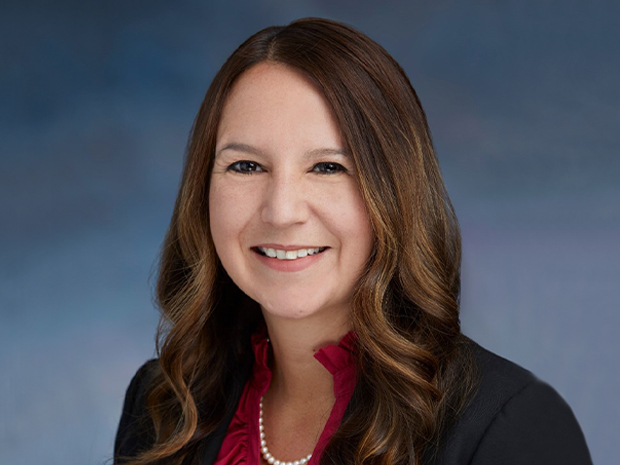Recently, Pennsylvania’s Board of Finance and Revenue, the Commonwealth’s second of two administrative appeal boards, concluded that a nonprofit foundation acting on behalf of a publicly funded state university qualified as a purely public charity eligible for sales tax exemption. The foundation provided management of gifts, grants and resources, such as scholarships and endowments to the student body and the university. A brief description of the decision and considerations for similar entities follows below.
Executive summary
Background
Petitioner, Edinboro University Foundation (Foundation), had been granted a sales tax exemption by the Pennsylvania Department of Revenue as a purely public charity on at least two previous occasions. Upon the denial of a renewal application, the department determined that the Foundation did not benefit a “substantial and indefinite class of persons who are legitimate subjects of charity.” The Foundation appealed the department’s determination to the Pennsylvania Board of Appeals, who affirmed the decision finding that the Foundation’s activities did not directly benefit people in need and, therefore, did not qualify as a purely public charity for sales tax exemption. The Foundation appealed to the Board of Finance and Revenue (Board).
The Foundation supports Edinboro University, currently known as PennWest Edinboro, and a campus of one of Pennsylvania’s 10 state-owned universities in the State System of Higher Education, a state agency. The Foundation’s activities include raising and administering scholarship funds, endowments, and contributions to benefit students and university programs on behalf of the university. In this regard, the Foundation provides financial support to scholarship recipients in collaboration with the university’s financial aid office using objective criteria, a plurality of which qualify for federal and state aid based on low- to middle-income family status.
A purely public charity by any other name
Pursuant to Pennsylvania’s Purely Public Charity Act a nonprofit must demonstrate that it 1) advances a charitable purpose, 2) operates freely from private profit motives, 3) donates a substantial portion of its services toward charitable purposes, 4) benefits a substantial and indefinite class of persons who are legitimate subjects of charity, and 5) relieves the government of some of its burden.
The Board concluded that all five criteria were met establishing the Foundation as a purely public charity and eligible for sales tax exemption. First, the Board found that the primary purpose of the Foundation was to raise funds and support a state-owned university through scholarship funds, endowments and other contributions to benefit students and university programs, fulfilling a charitable purpose of advancing education. Second, being recognized as a section 501(c)(3) entity, exclusively using funds for charitable purposes, and adopting articles of incorporation that require assets to be used for charitable purposes upon dissolution, the Board found that the Foundation was free from private profit motive. Third, a substantial portion of its services were provided to the university in the form of funds and endowments either directly or by contribution to the university pursuant its articles of incorporation. Fourth, the Foundation benefits a substantial and indefinite class of people because the founding provided financial support to students who could not otherwise finance their education without assistance – the use of admissions criteria did not limit the class of subjects of charity. Finally, the Foundation’s operations benefited the public by reducing dependence on other government programs for the advancement of education.
Takeaways and considerations for nonprofits
Pennsylvania has an extensive history of real property tax and sales tax challenges under the Purely Public Charity Act. Operational nuances of a nonprofit, such as how property is used or how charitable subjects benefit, may create critical differences for purposes of the exemption.
Pennsylvania requires institutions of purely public charity to apply for exemption from the sales tax through an online process. Before submission of an application, it is recommended that eligible entities review their mission, purpose, and services in context of the Purely Public Charity Act and the Commonwealth’s constitution – criteria much more stringent than qualifying as a section 501(c)(3) or another type of exempt organization for federal income tax purposes.
Nonprofits and other exempt organizations must understand that the sales and use tax treatment of their operations varies widely among the states. As one example, a section 501(c)(3) exempt organization in North Carolina is required to pay sales tax on purchases of goods and services and then, if eligible, apply to the North Carolina Department of Revenue for a semiannual refund of the sales and use tax paid. Other states, such as California, have adopted few and narrow sales and use tax exemptions available to certain exempt organizations. For more information on these considerations, please read our article, Sales tax considerations for exempt organizations.
RSM contributors
-
 Erica ClineSenior Manager
Erica ClineSenior Manager -
 Kristen CummingsManager
Kristen CummingsManager -

-

Tax resources
Timely updates and analysis of changing federal, state and international tax policy and regulation.
Subscribe now
Stay updated on tax planning and regulatory topics that affect you and your business.
Washington National Tax
Experienced tax professionals track regulations, policies and legislation to help translate changes.

